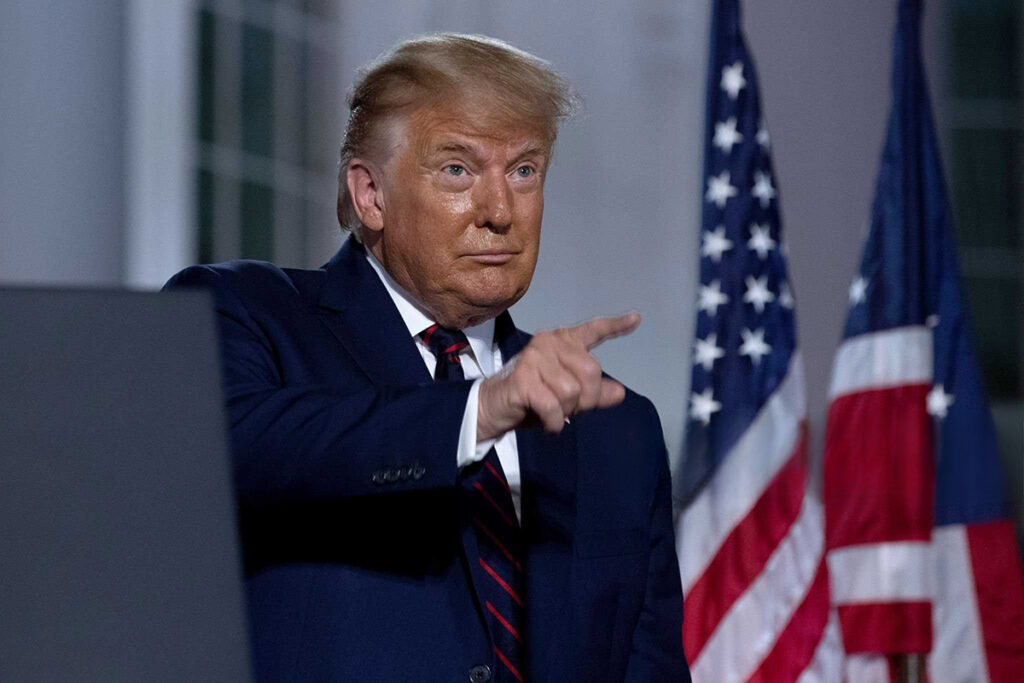The United States president holds a unique position of influence that extends far beyond national borders. With control over the world’s largest economy and most powerful military, their decisions impact global trade, diplomacy, security, public health, and environmental policies. From economic sanctions to military interventions, the U.S. president’s actions can shift global alliances and disrupt entire industries.
Economic Policies That Shape the World
The U.S. economy is deeply interconnected with global markets, and the president’s decisions on trade policies, tariffs, and regulations have far-reaching effects. Trade wars, particularly with China, have reshaped supply chains, affecting everything from manufacturing costs to consumer prices worldwide. Policies regarding import and export tariffs influence industries in Europe, Asia, and beyond. Sanctions imposed by the U.S. government can cut nations off from international banking systems, creating economic hardships or forcing policy changes abroad.
Additionally, domestic economic policies such as tax reforms or stimulus spending can trigger global financial shifts. When the U.S. experiences a recession or boom, international markets respond accordingly, leading to financial stability or uncertainty in countries that rely on American trade and investment.
Diplomatic Influence and Military Strategy
The U.S. president plays a central role in forming and maintaining global alliances, impacting organizations such as NATO, the United Nations, and international trade blocs. Policy decisions regarding diplomatic relations with countries like Iran, Russia, and China influence global power balances. Agreements on arms control, defense spending, and military cooperation dictate how nations position themselves strategically.
Beyond diplomacy, the president has direct authority over military actions, including troop deployments, drone strikes, and counterterrorism efforts. The presence of American military bases worldwide ensures that decisions made in Washington affect conflicts and security measures across continents. Arms sales and military aid to allies like Taiwan, Ukraine, and Israel further shape regional tensions, reinforcing the U.S. role in global security.
Global Policies on Health and Climate Change
The U.S. president’s stance on public health initiatives can impact global disease control efforts, particularly in times of pandemics or health crises. Decisions regarding funding for organizations such as the World Health Organization influence vaccine distribution and emergency responses in developing countries. Travel restrictions and research funding allocations also determine how effectively the world responds to emerging health threats.
Environmental policies set by the U.S. also have worldwide consequences. Climate agreements, carbon emission regulations, and energy policies affect the pace of global climate action. Decisions regarding oil production, coal regulations, and investments in renewable energy shape international markets and environmental goals. When the U.S. shifts its policies on climate commitments, it often influences the strategies of other major economies.
A Presidency with Global Consequences
Leadership changes in the U.S. bring shifts in international policies, alliances, and economic structures. Nations across the world closely monitor U.S. elections, as new leadership can mean significant shifts in trade agreements, military strategies, and diplomatic relations. The influence of the U.S. presidency remains one of the most powerful forces shaping global affairs, reinforcing the importance of decisions made in Washington on a worldwide scale.


